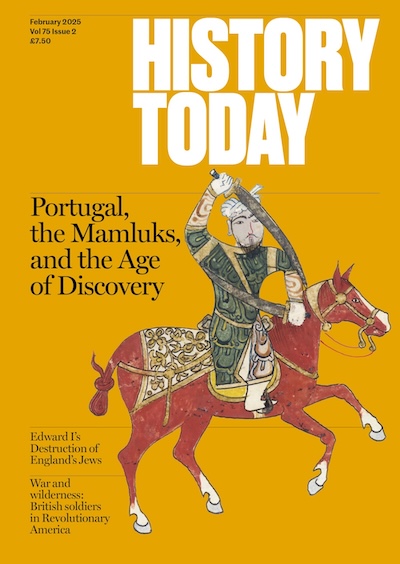Nigeria: Two Imperialist and Their Creation
The largest of African republics possesses an ancient and composite civilization, but the form that the country takes today owes much to two British colonial administrators.
Nigeria will soon go to the polls. It is now a Federal Republic of some fifty-five million people, by far the largest population in Africa.
Five years ago it was a British dependency; fifty years ago, its boundaries long fixed, it was united under one administration; a hundred years ago it was inconceivable.
Englishmen drew its boundaries, developed its economy, gave it a government; but it is still unclear how permanently they built.
It was “suffocatingly hot” in the Lagos Court House on January 1st, 1914, when Sir Frederick Lugard, K.C.M.G., was sworn in as Nigeria’s first Governor-General. Anybody looking back would have reason to ponder the developments of the previous fifty years.
In 1864 the only territory owned by Britain in that part of the world was Lagos itself, purchased from a native chief three years earlier with the still unfulfilled idea of checking the slave trade.





